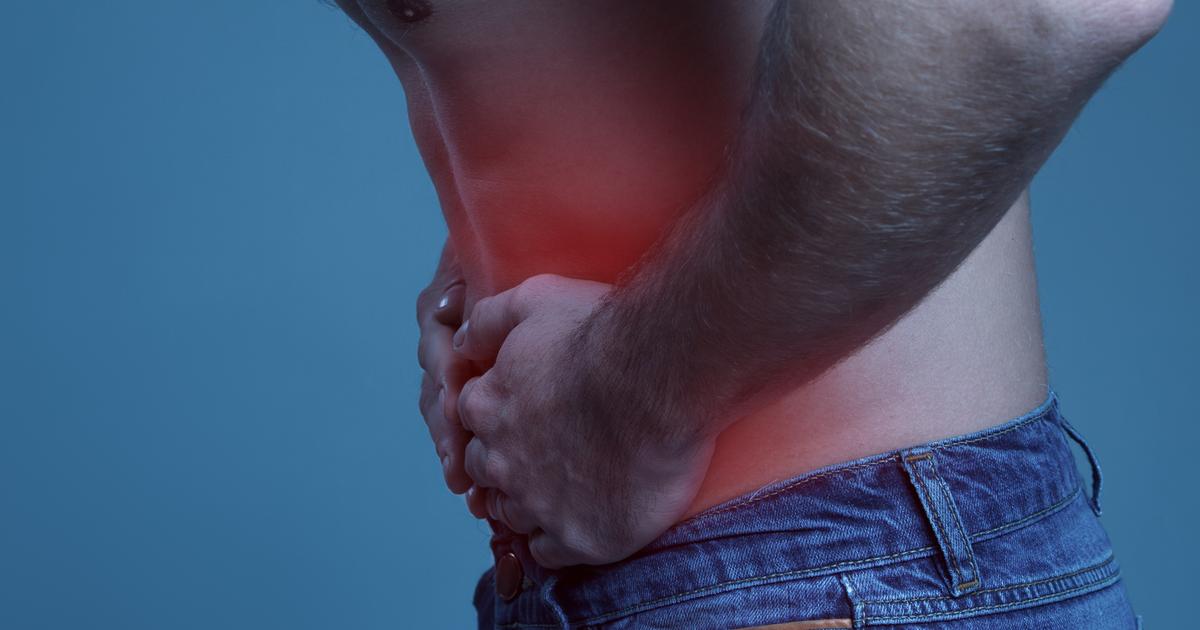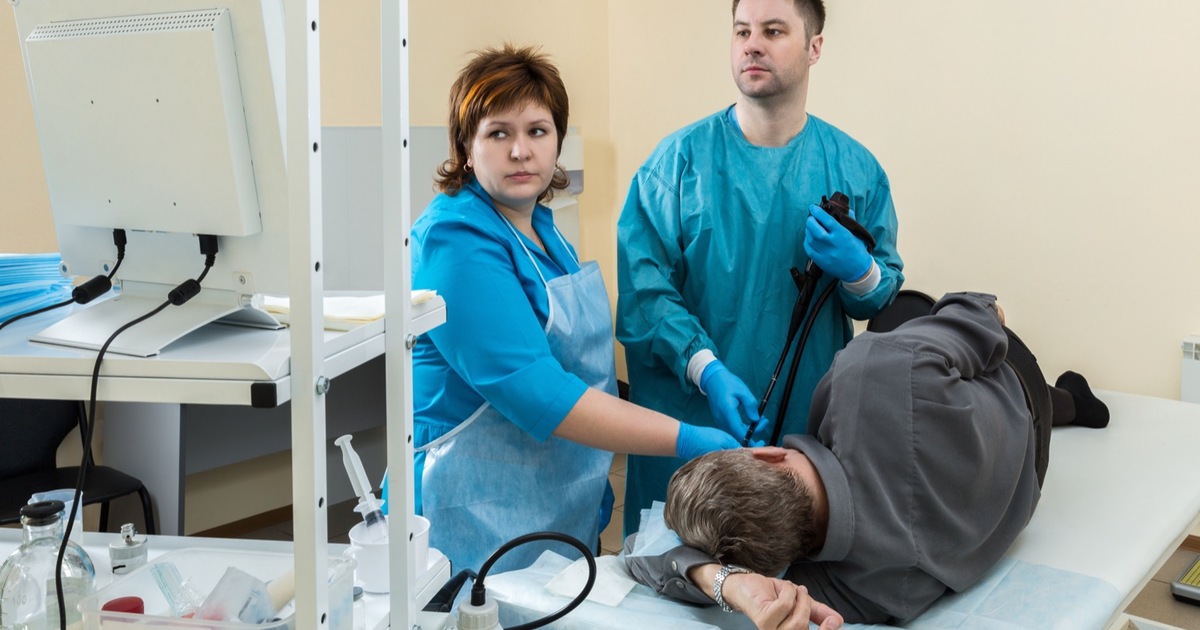What Causes Constipation?
Constipation refers to infrequent bowel movements, and it is typically diagnosed in cases where a patient has had fewer than three stools in a week. A patient may also be constipated if passing stools involves straining or if stools are hard. Chronic constipation can persist for weeks or months. Women are more likely to experience constipation than men, and older adults also have an increased prevalence of this condition. Patients who have eating disorders often notice frequent constipation as well. Since constipation can be a sign of a serious medical condition, individuals who observe persistent constipation or other changes in their bowel movements should see a doctor.
To assess constipation, doctors begin by asking patients about their medical history and diet. Next, the physician will perform an abdominal examination to check for any pain or masses, and a rectal exam may be necessary. Doctors might order x-rays or blood tests to find out more about the cause of the patient's symptoms, and some individuals could be advised to have more advanced diagnostic procedures such as colonoscopies, sigmoidoscopies, balloon expulsion tests, or defecography studies. Treatment for constipation normally begins with dietary modifications, and patients might be prescribed laxatives or other medications. Surgery is sometimes required to treat constipation caused by blockages or rectoceles.
Some of the most common causes of constipation are outlined below.
Bowel Obstruction

A bowel obstruction develops when some type of blockage prevents food and liquid from passing normally through the small and large intestines. Blockages can be caused by hernias, inflammatory bowel conditions, scar tissue from abdominal surgeries, colon cancer, and fecal impaction. In addition to constipation, individuals with a bowel obstruction could experience vomiting, abdominal swelling and cramping, and loss of appetite. Doctors often diagnose bowel obstructions through a physical examination and additional tests such as ultrasound, MRI, or CT scans. Some patients may need to have an air or barium enema. Treatment for a bowel obstruction typically requires hospitalization. At the hospital, patients are given intravenous fluids, and they might also be fed through a nasogastric tube. Surgery is often required to treat complete obstructions, and partial obstructions may also need surgical intervention.
Read more about the causes behind constipation now.
Diet Low in Fiber

A diet low in fiber is one of the most common causes of both occasional and chronic constipation. Fiber intake helps make stools larger and softer, and this allows them to pass more quickly and easily through the intestines. Both insoluble and soluble fiber are important in preventing constipation. Insoluble fiber helps increase stool bulk, and soluble fiber improves the consistency of the stool, helping it pass smoothly. Patients who follow diets rich in meat, milk, and cheese are especially likely to need additional fiber in their diets to prevent constipation. High-fiber foods that could help include oatmeal, beans, lentils, peas, and whole grains. Male patients should aim for thirty-eight grams of fiber each day, and women generally need twenty-five grams of daily fiber intake. Studies have shown seventy-seven percent of patients with constipation can improve their symptoms by increasing their fiber intake. In addition, two studies concluded increased dietary fiber was as effective as a laxative in terms of constipation relief for pediatric patients. Patients who currently follow a diet low in fiber might want to ask a physician about fiber supplements and ways to incorporate more fiber into their meals.
Continue to reveal more causes of constipation now.
Dehydration

Sufficient hydration helps the intestines stay smooth and flexible so food can flow through them efficiently. If dehydration is present, the colon (large intestine) will absorb water from food waste, leading to dry and hard stool. Potential signs of dehydration include dark-colored urine, fatigue, headaches, dizziness, dry mouth, and dry skin. Patients with dehydration might also notice reduced urine output. To prevent dehydration, doctors recommend patients consume at least six to eight cups of liquid each day. While water is best, herbal tea, broth, and fruit and vegetable juices will all improve hydration. Patients trying to increase their fluid intake might wish to keep a log of all of their drinks throughout the day. Some 'smart' water bottles will calculate fluid intake automatically too. Since dehydration can be potentially serious, anyone who has not urinated in eight hours or who is experiencing confusion, dizziness, nausea, or vomiting should be taken to a hospital.
Discover additional causes of constipation now.
Certain Medications

Patients who take certain medications are at a higher risk for constipation. Opioids, sedatives, antidepressants, and medicines to reduce blood pressure can all lead to the development of either occasional or chronic constipation. For example, codeine and oxycodone are two of the opioids that have constipation as a side effect, and this symptom is also a potential side effect of antidepressants such as fluoxetine, amitriptyline, and imipramine. Blood pressure medications associated with constipation include diltiazem and nifedipine, and this side effect may also occur with iron supplements and antacids containing aluminum. Patients experiencing constipation as a result of a particular medicine should talk to their doctor about the possibility of switching to a different one. If this is not possible, patients might need to make dietary modifications or take additional medications to manage their constipation.
Get more information on the various causes of constipation now.
Colon Cancer

Colon cancer is one of the most serious causes of constipation. While most individuals with colon cancer have no symptoms in the early stages of the condition, signs of the disease include abdominal pain and bloating, fatigue, unexplained weight loss, and blood in the stool. In addition to constipation, some patients might notice diarrhea. Colon cancer is more common in individuals over fifty years old, and doctors recommend regular colon cancer screening tests for this age group. Generally, a colonoscopy is the preferred screening method, and this procedure needs to be performed once every ten years. Some non-invasive screening options are available for patients who cannot have a colonoscopy. If colon cancer is detected, treatment options include surgery, chemotherapy, immunotherapy, and radiation. Targeted drug treatment and proton beam therapy might be appropriate for certain patients.